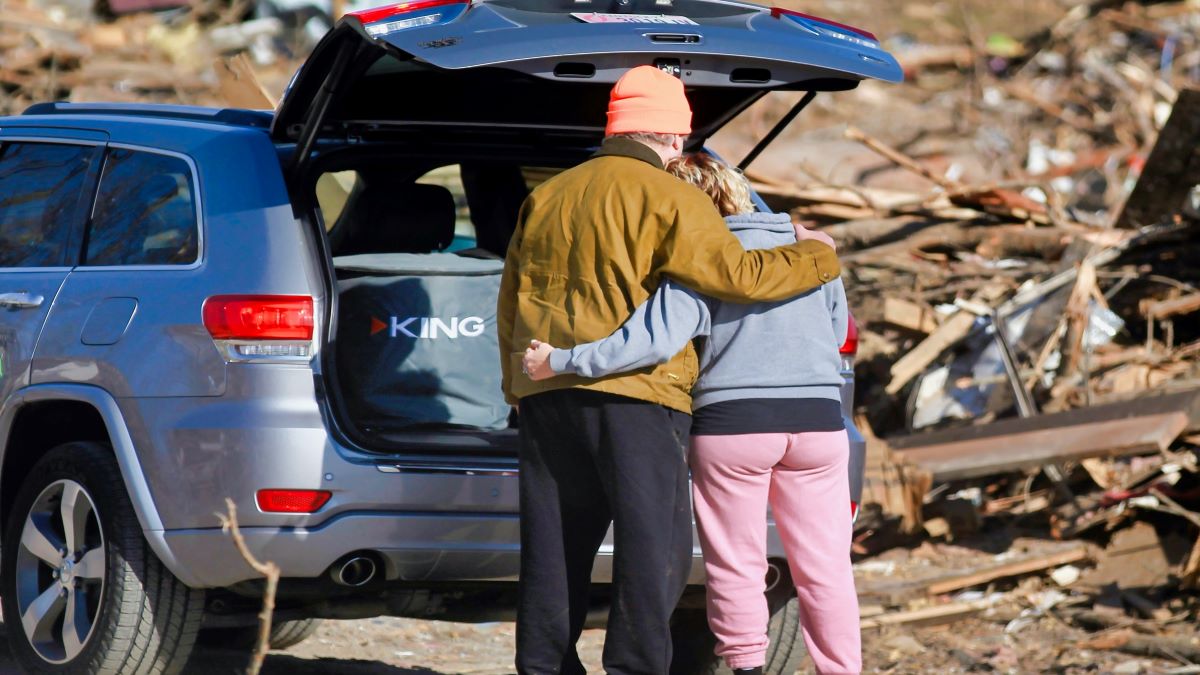It’s a sad, confronting fact – rentals can and do get destroyed. It can be a stressful and confusing time, so here’s what you need to know.
It’s a nightmare no landlord or property manager wants to face. But every year, we see property owners and agents having to contend with homes that are a total loss.
What do we mean by “total loss”? Good question. When insurers talk about a total loss, they are saying that the insured property has been destroyed or damaged to such an extent that it can’t be recovered or repaired for further use.
You may be interested to know that it is the insurer who determines if the property is a total loss. While the landlord or property manager may think that the property can be repaired, it’s up to the insurer to decide if this is the case. In general, the property will be considered a total loss if it’s destroyed or damaged beyond economic repair (which means that the estimated cost of repair is more than it would cost to replace).
Now we have the definition sorted, let’s look at what you need to know if your rental has been severely damaged or destroyed.
First things first. You need to get in touch with your insurer as soon as possible after the damage has occurred. Your insurer can guide you through the claims process and answer any questions you have.
If you are covered with EBM RentCover, we’ll send out a claims assessor to inspect your property. Their assessment will help us determine if the property can be repaired or if it’s a total loss.
Heads up! If your rental is within a strata complex, you’ll need to work with your body corporate as the building will be covered by strata insurance.
So, what happens if we say your rental is a total loss? Depending on the terms of your insurance policy, a total loss will usually attract the maximum sum insured as a settlement. The amount of money you’ll be entitled to depends on the terms and conditions of your policy and the sums insured that were determined prior to you taking out cover. You may receive money for the loss of the building itself (up to the maximum sum insured), the loss of your contents within your rental (up to the maximum sum insured), and loss of rental income. You may also be reimbursed for reasonable legal costs you incur in discharging your mortgage. In most cases, any excesses will be waived in the event of a total loss.
Word to the wise: Landlord insurance typically does not cover the costs of re-locating tenants. If you choose to help your tenants find alternative accommodation, any costs you incur cannot be claimed (keep in mind the tenants are likely no longer paying their weekly rent, so they can use this towards other accommodation). Your cover also does not extend to your tenants’ possessions – they need their own contents insurance.
At EBM RentCover, we work with our clients to determine a payout figure to compensate the losses. There will be paperwork and information you’ll need to provide to help us calculate your benefits. The time it will take to settle your claim will depend on a number of factors, including the claim’s complexity and the availability of supporting documentation.
Once settlement has been reached, you’ll be paid out and your policy will usually be cancelled as it is unlikely that you’ll need landlord insurance until you have rebuilt your investment property and it’s available to rent again. Of course, you aren’t obligated to rebuild your property – once we’ve paid you out, it’s your money and you can do as you please with it. However, if you decide to own another rental, please be sure to contact us about landlord insurance when you are ready!
*While we have taken care to ensure the information above is true and correct at the time of publication, changes in circumstances and legislation after the displayed date may impact the accuracy of this article. If you need us we are here, contact 1800 661 662 if you have any questions.
You may also like
View all
Here are 10 reasons why it pays to protect your investment property...

While summer bushfires grab headlines, it is easy to overlook the fire risks every home faces...

Each month we pull together 10 insights impacting the investment property market. Read on for this month’s instalment…



